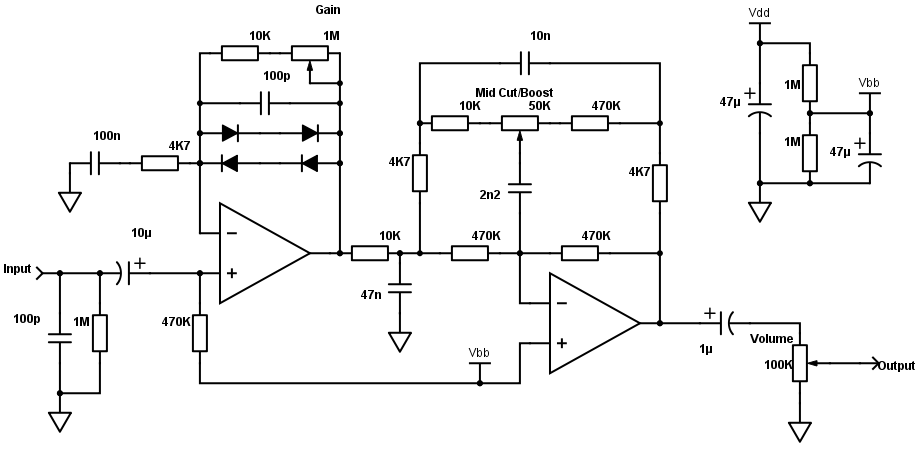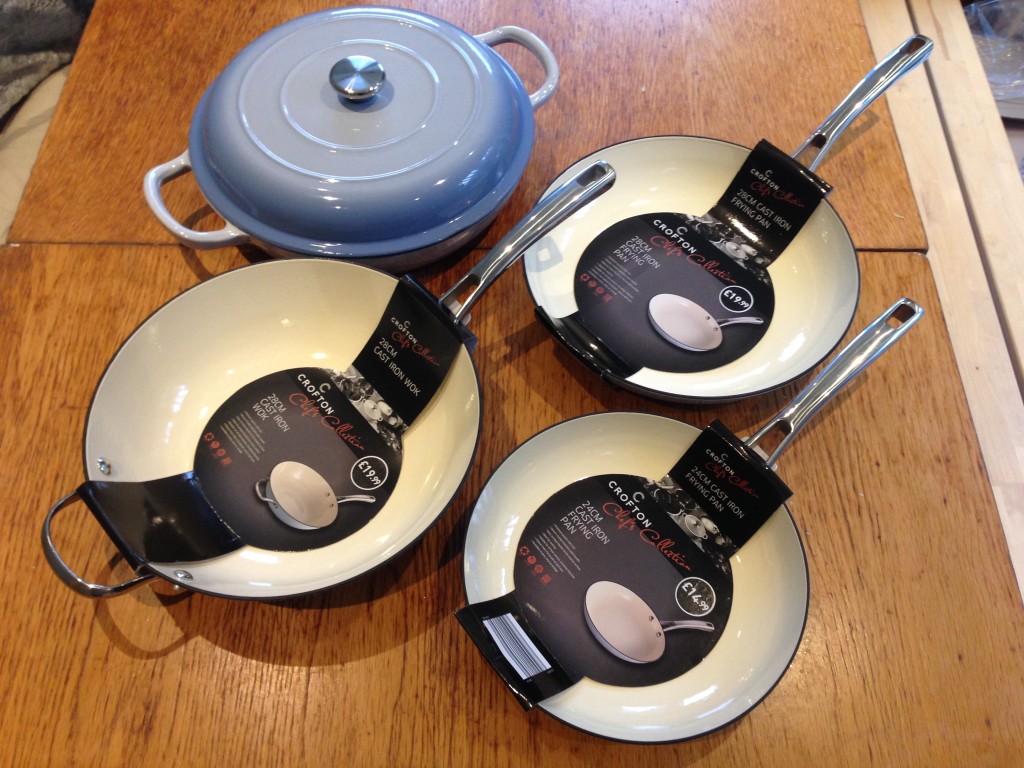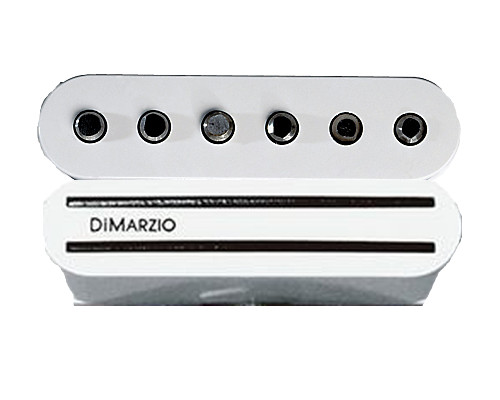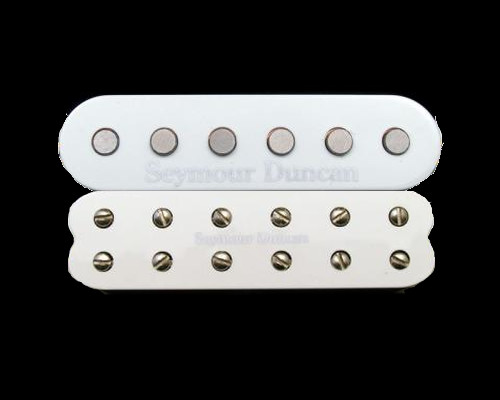List of DIY Guitar Pedal PCB Manufacturers
After building a 2 in 1 overdrive, I’ve got interested in building more pedals, so here’s a few of the PCBs manufacturers I’ve found. Please let me know if you have more to add.
| Title | Description |
|---|---|
| BYOC | The classic kit shop |
| Aion Electronics | Large selection of PCBs with detailed analysis and history |
| Fuzz Dog | UK based, large selection of PCBs and kits |
| Delyk PCBs | Unique selection of PCBs including an effects tester |
| General Guitar Gadgets | Huge number of PCBs |
| Musik Ding | German based site |
| Arcadia Electronics | Good selection of PCBs with board mounted jacks and footswitch |
| Muzique | A few boost/drive PCBs |
| Jeds Peds | Another UK based company |
| MadBean Pedals | Another great site |
| Tayda Electronics | |
| Rully Wow | |
| GuitarPCB.com | |
| MusicPCB.com | |
| JMK PCBs | |
| 1776 Effets | |
| Pedal Parts and Kits | |
| Lectric FX |






